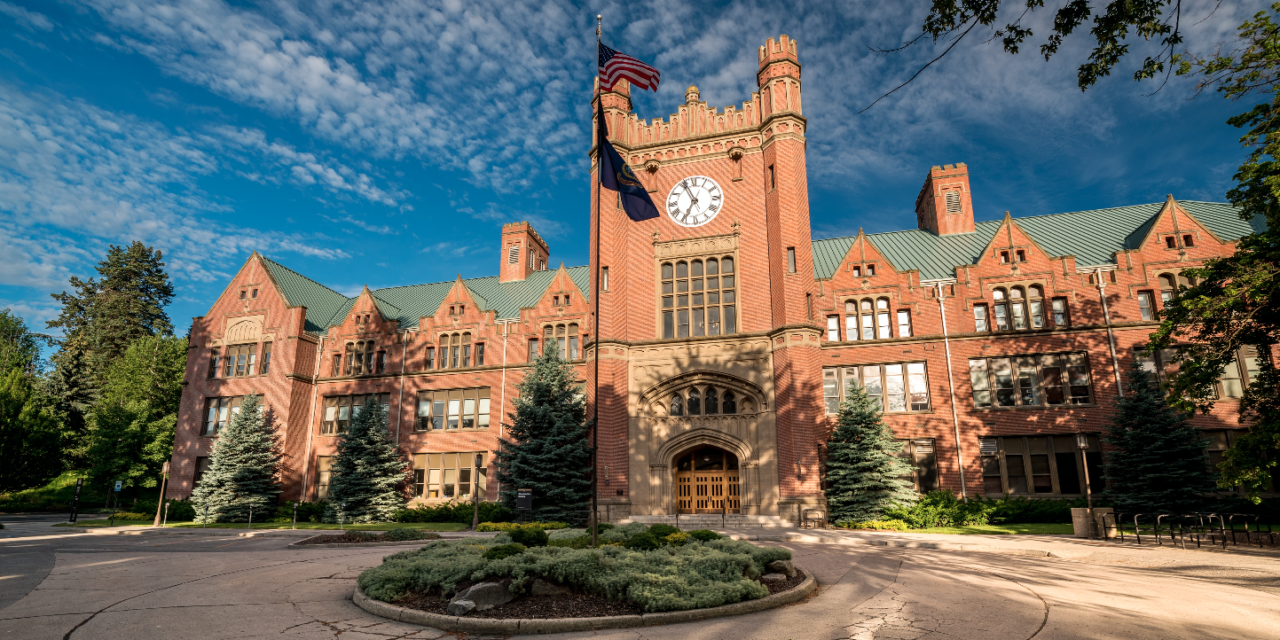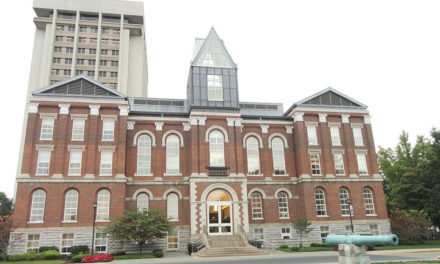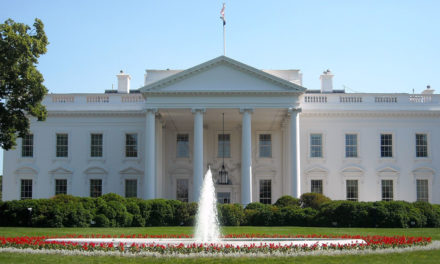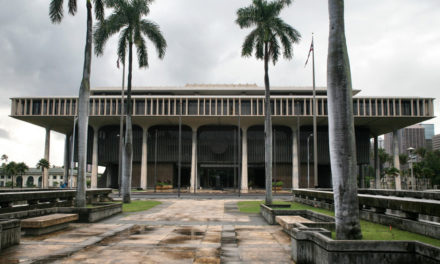The University of Idaho – a public school – is paying dearly for a First Amendment lesson it should already have known: you can’t punish speech you don’t like.
Last April, three Christian students of the university’s law school who are members of the law school’s chapter of the Christian Legal Society, along with a faculty member who served as an advisor to the club, sued the school’s administration. The lawsuit stemmed from orders issued by the university to the three students and professor directing them to have “no contact” with a female, lesbian-identified student who was upset by the response she received when she asked the students why CLS required its officers to affirm that marriage is between one man and one woman.
Even though the students and professor weren’t looking to confront the female student or initiate any contact whatsoever, the gag order was a bridge too far to merely let it pass. Issued under the university’s “sexual harassment” policy, the “no contact” orders could have permanently and negatively impacted the lives of the students and their faculty advisor.
In July, a federal judge issued a preliminary injunction blocking the university’s “no contact” orders as a violation of the free speech guarantee of the First Amendment.
The university then settled with the plaintiffs by rescinding the “no contact” orders and paying them $90,000 in damages for violating their constitutional rights. The lawsuit was then dismissed.
The student plaintiffs in the lawsuit are Peter Perlot, Mark Miller and Ryan Alexander. The faculty plaintiff is Professor Richard Seamon. All four are represented by attorneys with Alliance Defending Freedom (ADF), who celebrated the victory in a press release.
“Today’s university students will be tomorrow’s leaders, judges, and school administrators, so it’s imperative that university officials model the First Amendment freedoms they are supposed to be teaching their students,” said ADF Senior Counsel Tyson Langhofer, director of the ADF Center for Academic Freedom. “We’re pleased to settle this case favorably on behalf of Peter, Mark, Ryan, and Professor Seamon, and we hope that it will encourage all public universities across the country to support the constitutionally protected freedom of students and professors to share their deeply held beliefs on campus.”
The Christian Legal Society also commented on the successful resolution in the same press statement.
“If we are to repair the current culture of political polarization, conversations among persons with differing viewpoints are essential,” Christian Legal Society attorney Laura Nammo said. “University officials’ censorship of such conversations needlessly exacerbates polarization and harms all students’ ability to learn from one another.”
Ironically, the conversation that offended the lesbian student was initiated by her. It also occurred during a university-wide “moment of community” in which CLS members joined other university organizations to condemn an anti-LGBT slur left on a whiteboard at the Boise campus by someone unknown.
There’s a disheartening trend occurring on college campuses across the U.S. to elevate “being offended” above the value of free speech. In fact, a recent survey of college students revealed that 48% of them believe that “some speech can be so offensive that it merits harsh punishment like the death penalty.” Only 38% disagreed, and 15% were unsure.
The death penalty for speech? What country is this? If the college students of today are the future leaders of our country, what does that survey result bode for our constitutional freedoms in coming years?
Thank God for our judicial system – and public interest law firms like ADF – that came to the rescue of these students’ First Amendment rights in this situation. And Idaho’s situation is not the first to pit the free speech rights of Christian students against “offended” students, faculty and a woke school administration.
It’s imperative that we begin teaching our children and young adults about the country’s foundational values – like free speech and the freedom of religion – that have made us the greatest country in the world.
And, while we’re at it, the administrators of our nation’s public colleges and universities could also use a refresher course as well.
The case is Perlot v. Green.
Photo from Shutterstock.






